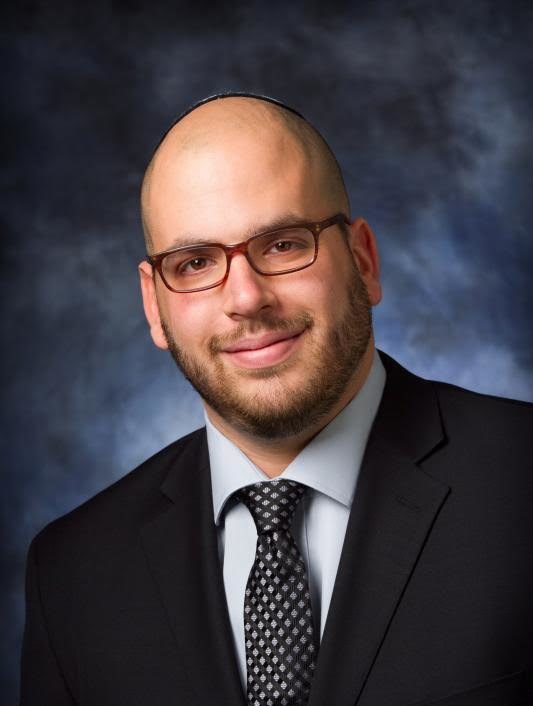“These are the names of the children of Israel, who came towards Mitzrayim.” (Shmot 1:1)
I decided to experience firsthand what homelessness feels like. Having the privilege of serving a vibrant and amazing congregation in Manhattan’s prestigious Upper East Side, and living in that same neighborhood, I have never quite felt that my sense of safety has been removed from me.
With that in mind, I decided to spend a couple of hours undercover in the “hood,” dressed in dirty and torn clothes, with make-up on, and my ID in my pocket. I skipped breakfast that morning and did not eat lunch as well. The results of my experiment were astonishing.
I purposefully tried to make eye contact with everyone that was walking near me. I sat in front of a coffee shop and looked toward everyone coming in and out of the store. I saw people that I recognized from Temple, and others that I recognized from the neighborhood. But they didn’t recognize me. Because to recognize me, they would have had to make eye contact. And they never did. But they did sometimes express their own discomfort and disgust upon seeing me.
I felt lonely. Lonely in the midst of thousands of people. I felt that my identity was taken away from me. I felt unsafe. I felt insecure. I felt uncomfortable, very uncomfortable.
Now, to be honest, there were limits to my experiment. I knew I had clean clothes waiting for me back at home. I knew I would be able to buy food later to satiate my empty stomach. I knew it was temporary, and I had the reassurance of my ID in my pocket. I have never experienced systemic hunger, insecurity, and lack of opportunities.
But my experiment did give me a small glimpse of what it feels like to be forgotten. “These are the names of the children of Israel, who came towards Mitzrayim.” The Torah makes a point to remind us the names of those that came to Mitzrayim to escape famine. Our tradition wants us to remember those in distress, those who do not have their needs met, those who need to sojourn from place to place, without any security. We remember names, because we remember their humanity. Each person matters, and it is our responsibility to bring more humanity, and more of God’s sacred presence, into the world.
I felt bad, really bad. Walking back home, I made sure to attempt eye contact with other pedestrians. Every time I got a smile, or I was literally identified, I felt acknowledgement. And that reassured me. That made me feel comfortable. Thank God, I thought, that I don’t always feel like I had felt a couple of hours before.
I am no better than anyone else. I too walk home as fast as possible, without remembering the people that are around me and don’t have food, safety, or shelter. Our Temple runs an outstanding soup kitchen every Wednesday, but I know nothing of those that come.
If we are to transform our society—if we are to make real Amos’ (5:24) prophecy, “Let justice well up as waters, and righteousness as a mighty stream”—we first need to raise our awareness of the brokenness around us, of the Mitzrayim—what God later calls the “iron furnace” (Deut. 4:20)—in which we find ourselves. We need to get in touch with our story, we need to make brokenness part of our narrative. We need to know how we impact the world, and how others are impacted by it. Then, we can envision what a Promised Land could look like. And only then, we will be able to enter it.
Ken Yehi Ratzon. May this be God’s will.
Beni Wajnberg serves as Assistant Rabbi at Temple Shaaray Tefila in New York City. He is a past summer fellow with T’ruah and enjoys painting (for the soul), running (for the body), and cooking (for the in-between).

